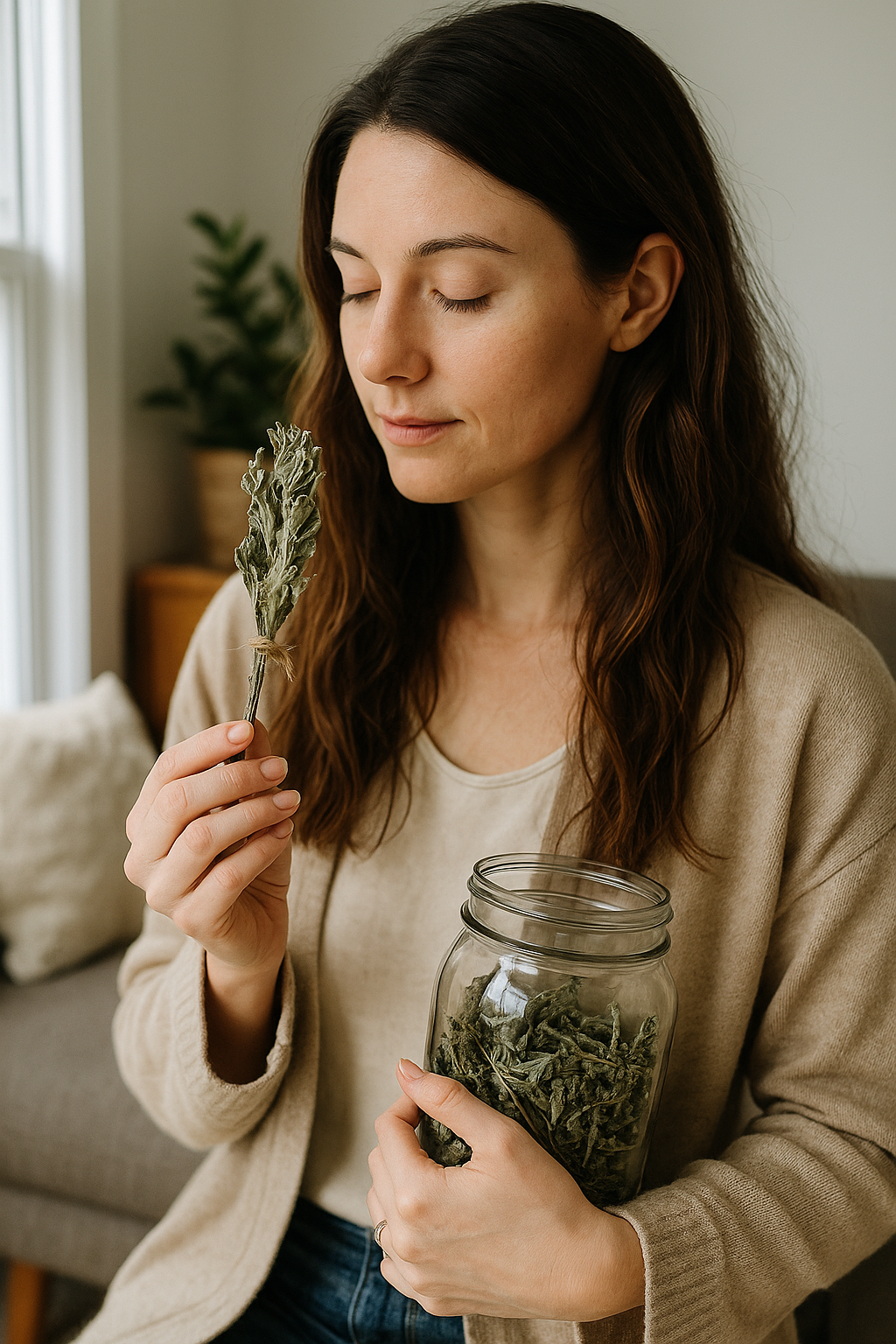
Why More Professionals Are Turning to Herbal Self-Care
In the world of deadlines, meetings, and endless performance metrics, it might seem surprising that more high-performing professionals are reaching for plants—not pills—as part of their daily self-care. But it’s happening. And it’s not a trend. It’s a quiet shift.
A growing number of people in their 30s, 40s, and beyond—especially those in demanding careers—are exploring herbal tools and rituals to stay balanced, focused, and connected to themselves. Not because it’s trendy, but because it works in a different way: not to fix, but to support.
🧠 The Rise of Burnout Culture
The pressure to be productive is everywhere. For many professionals, this looks like:
• Sitting in front of screens for 8+ hours
• Holding tension in the neck, shoulders, and lower back
• Sleeping less, reacting more, and struggling to fully “switch off”
• Relying on caffeine to start the day and wine to end it
Over time, this loop creates more than stress—it creates disconnection from the body and from presence.
That’s where herbal self-care comes in.
🌿 What Is Herbal Self-Care?
Herbal self-care is the practice of using plant-based tools—like teas, heat wraps, aromatherapy, or infused oils—to support emotional balance, body awareness, and nervous system health.
It doesn’t require a belief system or special training. It just asks for attention. It says:
“Slow down. Breathe. Let the natural world remind you what balance feels like.”
Unlike synthetic fixes, herbal tools work with your body. They support regulation, not stimulation. And that’s why professionals—especially those feeling overextended—are turning to them.
🍃 Common Herbs for Grounding
Some of the most loved herbs among this group include:
• Mugwort – Known for its earthy, grounding scent and relaxing effect when warmed
• Lavender – Soothes mental overactivity
• Chamomile – Calms the stomach and settles frayed nerves
• Holy basil (Tulsi) – Adaptogenic, helpful for stress and clarity
Many people find mugwort especially effective when used with gentle heat therapy, as it releases its scent and warmth directly into tense muscles. Unlike burning moxa sticks, modern mugwort wraps are smoke-free, portable, and designed for everyday use—perfect for someone balancing Zoom calls, commuting, or parenting.
🔄 How Professionals Are Using Herbal Tools
Here’s what we’ve noticed from real users:
• During breaks: Using mugwort heat wraps on the neck or lower back to ease posture fatigue
• After work: Diffusing herbs or warming tea instead of reaching for a phone or glass of wine
• While traveling: Packing small herbal tools to decompress on the go
• During transitions: Using scent and warmth to shift from “work mode” to “rest mode”
These moments don’t require a day off or a wellness retreat. They’re rituals that fit into real life.
🧘 Why It Resonates
Professionals aren’t just looking for relaxation. They’re looking for something that feels real.
Herbal self-care doesn’t shout. It doesn’t overwhelm. It’s not about numbing out.
It’s about noticing the breath. Restoring your own rhythm. And reconnecting with a sense of wholeness that often gets buried under output.
For many, it’s not just a way to feel better—it’s a way to remember who they are underneath the busyness.
💬 Final Thoughts
There’s a quiet revolution happening in the wellness world—not in spas or supplements, but in homes, offices, and quiet corners.
More professionals are reclaiming their well-being with the help of plants, warmth, and intention.
Because we don’t need more productivity hacks.
We need more ways to feel human again.
